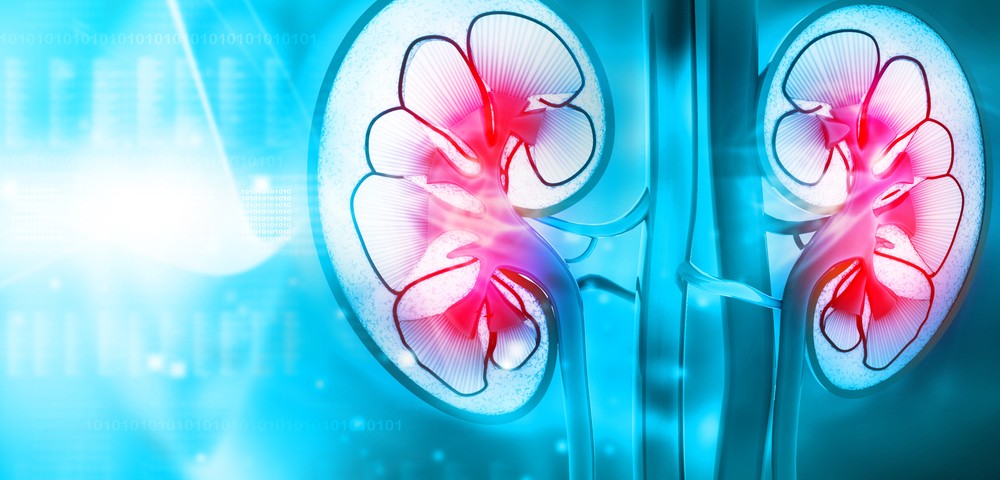Researchers in England showed that acute kidney injury (AKI) in patients with infective exacerbations of bronchiectasis increases their mortality risk. The study, “Diagnosis of acute kidney injury and its association with in-hospital mortality in patients with infective exacerbations of bronchiectasis: cohort study from a UK nationwide database,” was published in the journal BMC Pulmonary Medicine.
Patients with bronchiectasis, a chronic pulmonary disease characterized by inflammation and irreversible bronchi dilatation, are often hospitalized when they develop infective exacerbations due to defective drainage in the respiratory track and altered immune functions.
Acute kidney injury is common among hospitalized patients and is associated with a poorer prognosis. Previous studies suggested that patients with bronchiectasis may develop AKI due to a series of risk factors, including sepsis as a result of infectious exacerbations and exposure to antibiotics (such as gentamycin). Until now, there was no study addressing AKI among patients with bronchiectasis.
The research team investigated the proportion of non-cystic fibrosis bronchiectasis patients who developed AKI, as well as potential risk factors, and the possible link between AKI and mortality rates among patients with infective exacerbations of bronchiectasis. Researchers used data from the Clinical Practice Research Datalink (CPRD), a database of the National Health Service (NHS) in England.
With data from 2004 to 2013, researchers were able to identify patients hospitalized with a primary diagnosis of lower respiratory tract infection (LRTI). In total, they accounted for 7,804 hospitalizations as a result of LRTI in 3,477 patients with bronchiectasis; of these, 230 were diagnosed with AKI.
The team observed that AKI incidence increased over the years, with a value of 2 percent in 2004, but reaching almost 5 percent in 2013. Among the patients who developed AKI during hospitalization for LRTI, one-third died, suggesting a strong association between AKI and in-hospital patients’ mortality.
Similar to previous studies, researchers identified older age, male sex, baseline kidney function, previous history of AKI, and sepsis diagnosis as independent risk factors associated with AKI.
In conclusion, researchers wrote, bronchiectasis patients hospitalized for infective exacerbations can develop AKI, which in turn, can lead to a significant increase in the mortality of patients. The research team emphasized that greater awareness is required about AKI among bronchiectasis patients.

